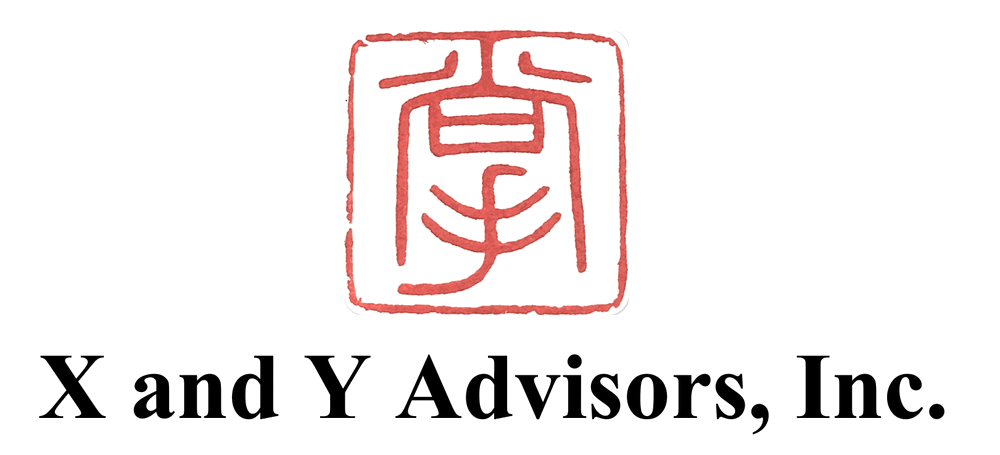It seems like a simple question for many people, and their answer is that it depends on whether you can invest and earn more than the interest you pay on the mortgage. It is true. However, there are more factors to consider on top of or even before comparing the interest rate and the expected rate of return from other investments.
Let's get right into it. To make it simple, the mortgage in this post only refers to the most common 30-year fixed mortgage.
1. Peace of mind
I think this is the most important factor to consider when you try to decide whether you should pay off your mortgage early or not. There is no doubt that being free of debt could give you peace of mind. The only question is that how much it values to you. If you keep thinking about the money you owe and cannot even sleep well during the night, you should probably start paying off your mortgage as soon as possible without considering whether it is the best move financially or not. That's also why some financial planners recommend their clients paying off the mortgage before they retire to enjoy debt-free retirement. When it comes to personal finance, it is always more "personal" than "finance".
2. The interest rate on your mortgage
Everyone knows the importance of the interest rate. I just want to add one additional thought here. If you bought a home or did a refinance in recent years, your interest rate on your mortgage should close to a historically low level. With the rising interest rate and inflation on the horizon, your future mortgage balance and payment will probably worth less in today's dollars, meaning that paying off your mortgage early may not be as attractive as you think it is financially.
3. Remaining years on your mortgage
Most people know that their monthly mortgage payment consists of both principal and interest payments. However, you may not know that the percentage of each part is not the same all the time. It follows a predetermined schedule called the Amortization Schedule. The interest payment takes up the majority of your monthly payment initially and keeps decreasing. To give you a better idea, a $500,000 30-year fixed mortgage with 4.5% interest rate, after 10 years, you will be still paying more interest than principal in your monthly payment. Although you have already paid almost 50% of your overall interest expenses, you still have an approximately $400,000 mortgage balance. In other words, fewer years you have left on your mortgage, fewer benefits you get from paying it back early.
4. Taxes
Don't forget the benefit of mortgage interest deduction on your taxes. It only benefits people taking itemized deductions, and it is even more beneficial to those who also have higher tax brackets at the same time. One thing worth mentioning here is that under the new tax law which becomes effective in 2018, the standard deduction amount will be increased from $6,350 to $12,000 for individuals, and from $12,700 to $24,000 for married filing jointly. It may make the mortgage interest deduction less valuable or even not valuable at all based on your specific situation. You may have also heard that the debt limit on interest deductibility for home acquisition indebtedness will be reduced from $1,000,000 to just $750,000. The good news is that it only affects the new mortgage and loans, not the ones you already have before December 15, 2017.
5. Liquidity and diversification
I believe every homeowner wishes their home appreciate over time. However, your home's value will rise or fall no matter whether you have a mortgage or not. In other words, paying off your mortgage early won't make your home worth more or less in the future. On the other hand, it will make much your money stuck in your home which is illiquid and maybe too concentrated. I don't know any ways of tapping into your home's equity without selling it or getting another type of debt. Regarding the concentration risk, Harry Markowitz, a Nobel Laureate in economics, called the diversification the only free lunch in Finance. You should definitely evaluate how much value of this "free lunch" can provide you based on your specific situation.
In summary, when you try to decide whether you should pay off your mortgage early or not, there is no right or wrong answer here just like many other questions in personal finance, I have seen people spending every single additional penny from their paycheck on paying back the mortgage to get peace of mind. On the other hand, I also knew someone who intentionally gets an interest-only mortgage and invests the rest. After all, it’s hard to argue with math. I recommend considering your emotional stress first and then evaluating all other financial factors together to make an informed decision based on your specific situation.
Enjoy reading my blog? Sign up at the bottom to effortlessly stay on top of my blog posts and news for free!
Need help? Email us or Schedule a call today!
